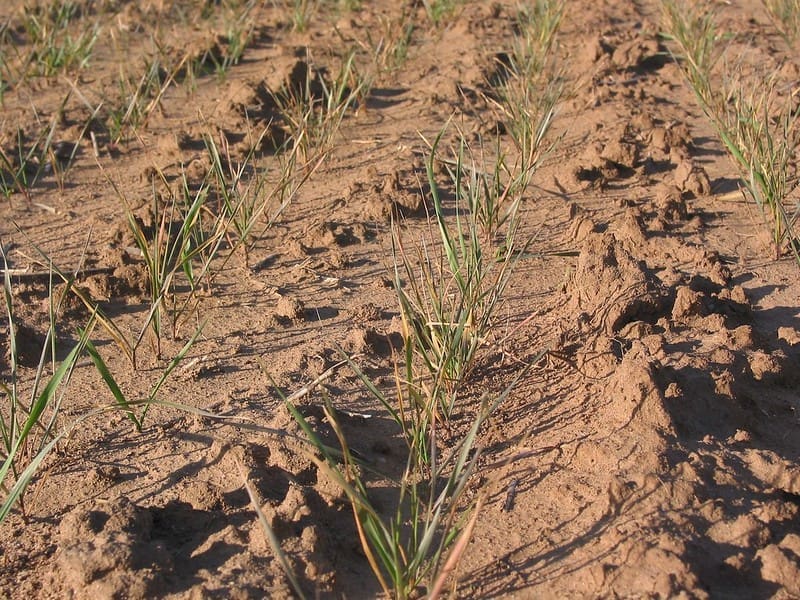Using nitrogen-based fertilizers to address nutrient deficiencies in soils appears beneficial at first, but over time, it can lead to below-ground problems, according to Kansas State University soil fertility specialist Dorivar Ruiz Diaz.
Excessive nitrogen fertilizer accelerates soil acidification, which can cause aluminum toxicity. This toxicity impairs plant root development and nutrient uptake. To counteract this, Ruiz Diaz suggests using lime or carbonates, such as calcium and magnesium, to balance soil pH. Liming alleviates aluminum toxicity, improving root access to water and nutrients, and enhances herbicide effectiveness.
However, lime application can be costly, particularly due to transportation. Ruiz Diaz recommends a variable rate liming strategy to reduce expenses and avoid overapplication. Overapplication can result in excessively high soil pH, reducing the availability of essential micronutrients like zinc.
Lime application may be needed every 8-10 years, depending on soil type. For winter wheat growers, applying lime now will ensure its benefits for the upcoming season, as it takes 4-6 weeks to alter soil pH, with moisture and temperature influencing the reaction speed. Lime can be used in both conventional and no-till systems, though tilled lime tends to provide more uniform results.













